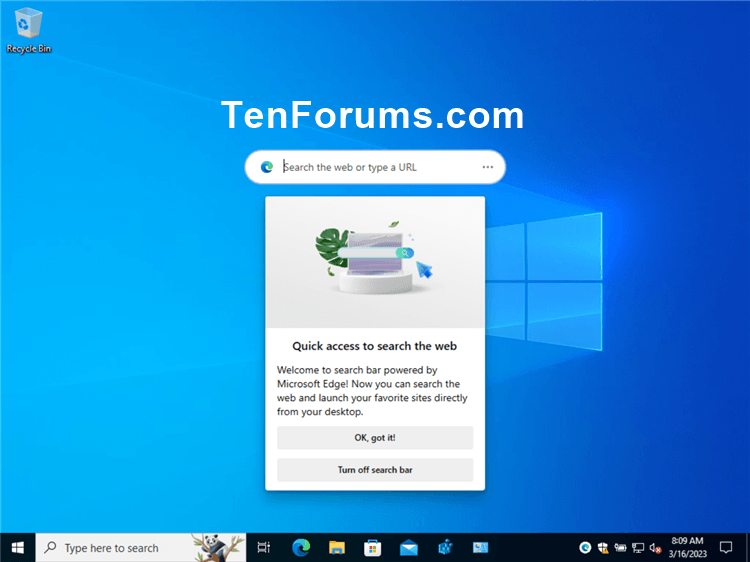2 people here but idk why. its not going to be "eol so youre sol" when they say it is, no version has been. yes, its basically 10 with a facelift and some security added.
I mean if its measurably better I'll switch to it and adapt to the shitty UI. Really hate the right click menu and the start menu on 11. But if it isn't I'm just lost on what the point is.
![[H]ard|Forum](/styles/hardforum/xenforo/logo_dark.png)

